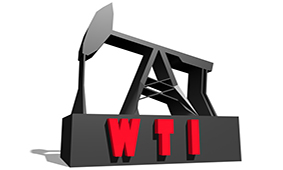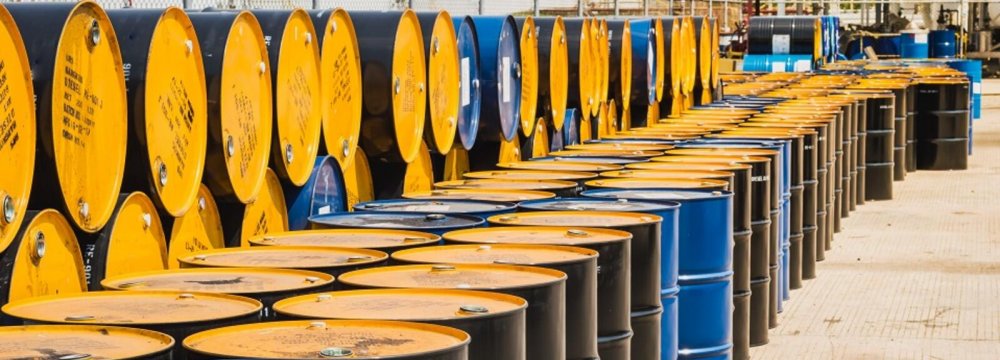
Brent, WTI Prices Slip

Brent futures fell 25 cents, or 0.4%, to $61.76 a barrel, having gained 1.1% on Friday, CNBC reported.
WTI crude futures were down 22 cents, or 0.4%, at $52.29, having firmed by 0.4% in the previous session.
“China’s industrial output growth is falling to the lowest level in 17 years amid trade tensions with the US Today, oil markets will have to digest more demand concerns as India implemented retaliatory tariffs on a number of US goods yesterday,” consultancy JBC Energy said in a note.
Also sapping prices was the dim outlook for oil demand growth in 2019 projected by the International Energy Agency on Friday, citing worsening prospects for global trade.
The Paris-based IEA’s 2019 demand growth estimate was revised downwards by 100,000 barrels to 1.2 million barrels per day but said the picture would improve going into 2020 thanks to stimulus packages and growth in developing countries.
Though danger of an immediate confrontation over last week’s tanker attacks - which the United States blamed on Iran but Tehran denied - appeared to recede, tensions over the strategic route remain high. A fifth of the world’s oil passes through the Strait of Hormuz.
Prices could receive some support from comments by Saudi Energy Minister Khalid al-Falih over the weekend that OPEC would probably meet in the first week of July and that he hoped it would reach an agreement on extending oil output curbs.
“We are hoping that we will reach consensus to extend our agreement when we meet in two weeks’ time in Vienna,” Falih told reporters while attending a G20 energy and environment ministerial meeting in Karuizawa, northwest of Tokyo.



Trump weighs using $2 billion in CHIPS Act funding for critical minerals

Codelco cuts 2025 copper forecast after El Teniente mine collapse

Electra converts debt, launches $30M raise to jumpstart stalled cobalt refinery

Barrick’s Reko Diq in line for $410M ADB backing

Abcourt readies Sleeping Giant mill to pour first gold since 2014

Nevada army depot to serve as base for first US strategic minerals stockpile

SQM boosts lithium supply plans as prices flick higher

Viridis unveils 200Mt initial reserve for Brazil rare earth project

Tailings could meet much of US critical mineral demand – study

Kyrgyzstan kicks off underground gold mining at Kumtor

Kyrgyzstan kicks off underground gold mining at Kumtor

KoBold Metals granted lithium exploration rights in Congo

Freeport Indonesia to wrap up Gresik plant repairs by early September

Energy Fuels soars on Vulcan Elements partnership

Northern Dynasty sticks to proposal in battle to lift Pebble mine veto

Giustra-backed mining firm teams up with informal miners in Colombia

Critical Metals signs agreement to supply rare earth to US government-funded facility

China extends rare earth controls to imported material

Galan Lithium proceeds with $13M financing for Argentina project

Kyrgyzstan kicks off underground gold mining at Kumtor

Freeport Indonesia to wrap up Gresik plant repairs by early September

Energy Fuels soars on Vulcan Elements partnership

Northern Dynasty sticks to proposal in battle to lift Pebble mine veto

Giustra-backed mining firm teams up with informal miners in Colombia

Critical Metals signs agreement to supply rare earth to US government-funded facility

China extends rare earth controls to imported material

Galan Lithium proceeds with $13M financing for Argentina project

Silver price touches $39 as market weighs rate cut outlook

















